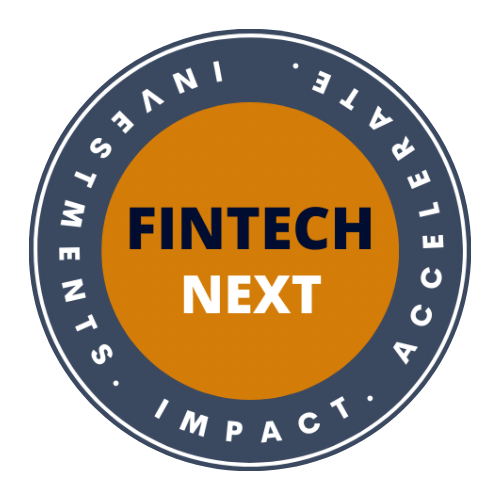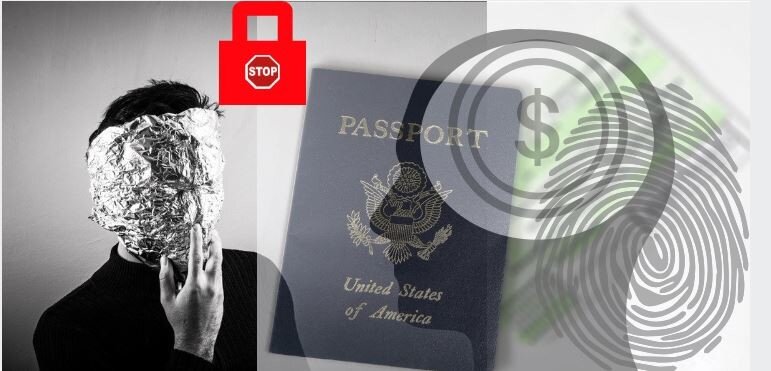Win fraud. Change economics of fraud against fraudster.
Fraud happens; given the online faceless nature of transactions. Fraud thrives in these circumstances and anyone with access to stolen information can commit it easily. Creating a trusted identity that can withstand fraud is daunting, especially when fraudsters have economic advantages that tilt the odds in their favor.
The old ways of verifying identity are now unreliable and a new way of proofing real identity is necessary. Static and easily replicable information is used to create a fake identity.
Old solutions rely on static personal information. Take the Social Security Number in the US for example. Static information can be purchased online for as little as $5 and reused.
The shift to digital means that it’s easier to commit fraud because fraud can be committed remotely. Fraudsters know how to exploit the weakest chain in the link. For example, a mobile app developer focused on friction-less mobile on-boarding experiences might choose a less stringent process for identity verification during sign up, which in turn opens a window for a fraudster.
Knowledge Based Authentication (aka Keeping Business Away) techniques, which Financial Institutions rely on as a backstop to manually reviewing a suspect transaction, do not work well in practice as answers to these questions are easily available on the Internet in the public domain. Fraudsters use device phishing and social engineering schemes to scam customers into giving them the information they need to commit fraud. Humans are often the weakest link.
I recently came across an identity verification platform called Socure, which is showing impressive results. It accurately verifies new customer identities in about a second, so businesses can sign up more good customers instantly. Meanwhile it also keeps the bad people out by reducing fraud by as much as 90 percent, avoiding the need to manually review or deal with KBA friction by as much as 80 percent, while it automates CIP, KYC and AML compliance. Impressive for doing all of that in one API that takes less than an hour to implement.
Tom Thimot and Sunil Madhu, both serial entrepreneurs lead the company. The product is a predictive analytics platform that combines the newest forms of machine learning and artificial intelligence with digital, offline and social identity data to verify if an identity is trust worthy in real-time.
So what’s the secret sauce you may ask ? They wouldn't go into the details without an NDA, but here's what I can say; they have found a unique way to use data. They are able to harness its dynamic, disparate and entrenched nature to build a fraud proof ID.
They blend data from trusted and certified online, offline, mobile and social data sources with their proprietary features and predictive models to generate identity risk scores instantly.
Data used is dynamic; the scale and real time nature of collection and processing of data makes it economically infeasible for fraudsters to replicate or spoof the system.
The company has been working on its social-biometrics platform for over six years which has allowed it to learn over that time across a variety of industries and trusted identity focused use cases.
The treasure trove of rich dynamic information that is derived is used alongside historical information to create the knowledge of a dynamic Identity; one that has many attributes, personas, profiles, contexts and descriptions. A collective intelligence pattern is used in the platform so it can anticipate types of attacks previously unseen by any specific customer, making the system truly ever-evolving.
There is no way for a fraudster to replicate everything with accuracy in a short period of time before everything changes again. Each customer's unique habits and their digital usage patterns as a course of their normal behaviors shape their data making it difficult to replicate.
All of the above gives rise to a robust trusted real identity that truly changes the economics of fraud against the fraudster.

